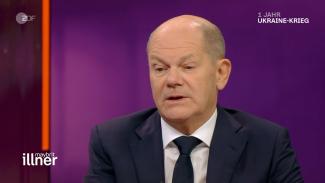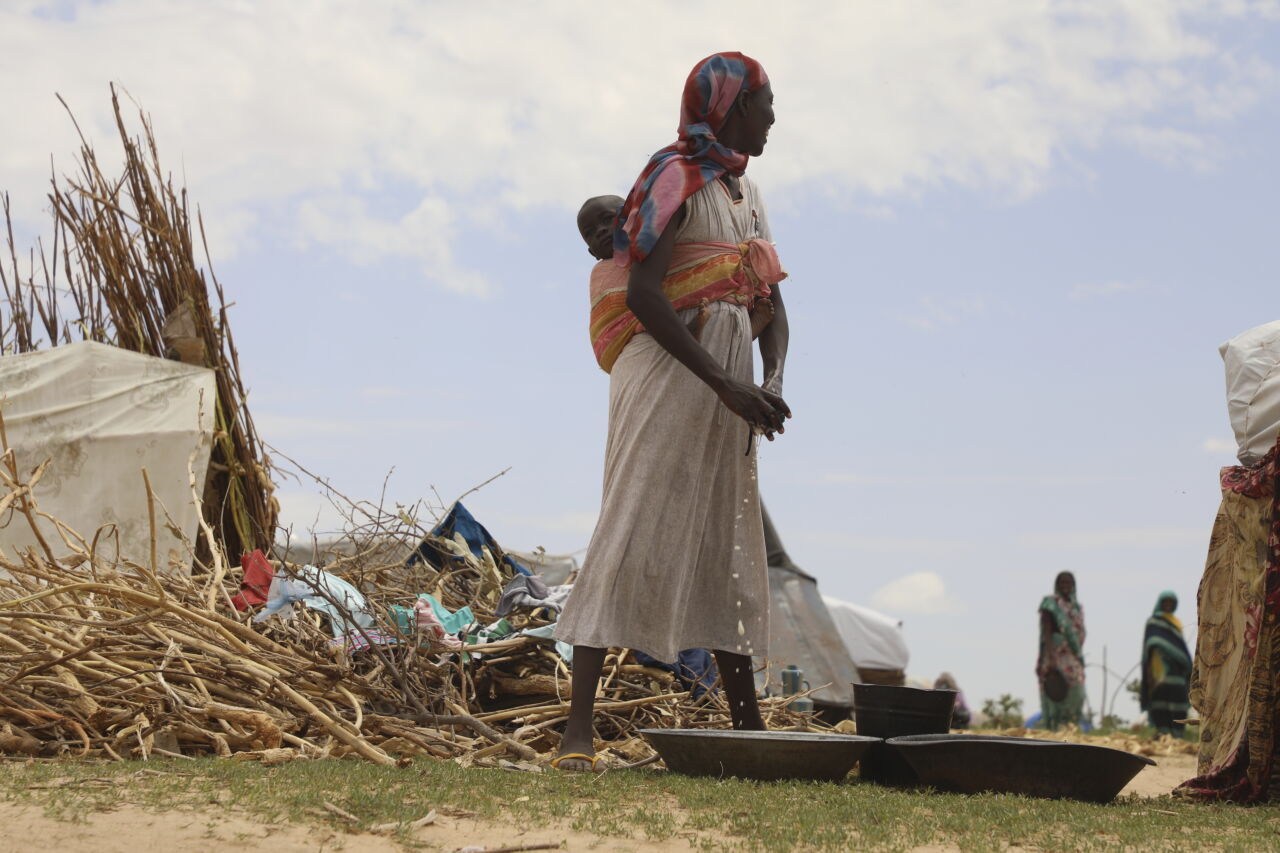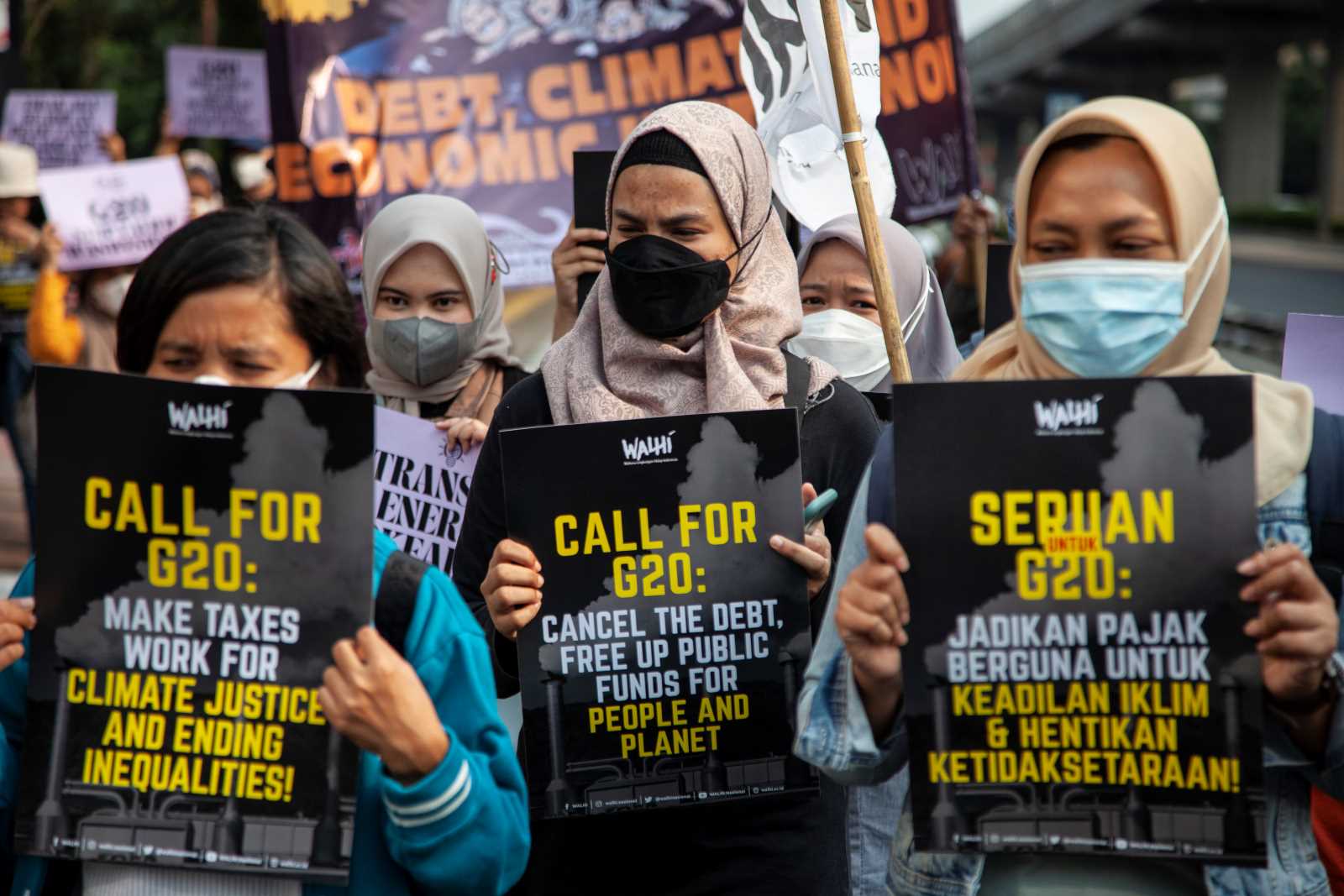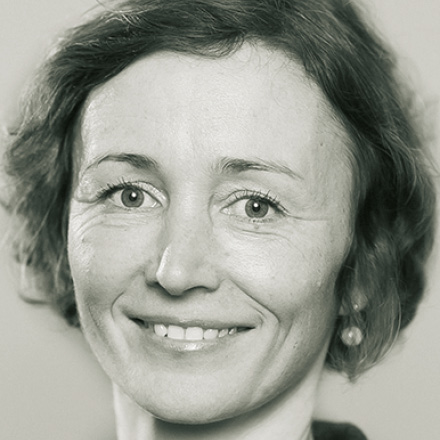Technical jargon
Development jargon: Aid or cooperation?

The insistence on the term “development cooperation” is based on a good intention. “Aid” has a condescending connotation. The word suggests that strong and competent nations are helping weak and incompetent ones. Cooperation, by contrast, means that two equals are working together. That is why Germany’s Federal Ministry for Economic Cooperation and Development (BMZ) is not named the Federal Aid Ministry. It is also why its officers insist on the term “cooperation”.
Unfortunately, the BMZ has not won this linguistic battle so far. As a journalist, I have been observing the debate for more than three decades. In my experience, a well-intended term that does not catch on in such a long time, is a misnomer. In January, a short Google search showed me that not only the tabloid Bild-Zeitung called Svenja Schulze the “aid minister” (Entwicklungshilfeministerin). Leading broadsheets like Frankfurter Allgemeine, Zeit and Tagesspiegel used „Entwicklungshilfe“ (aid) too, and so do presenters on Deutschlandfunk, Germany’s equivalent of the BBC’s Radio 4 or NPR in the USA.
In late February, Olaf Scholz, the chancellor, spoke of “aid” rather than “cooperation” in a TV interview with Maybrit Illner of ZDF, a public broadcaster. I think his choice of words showed that he wanted to be widely understood rather than virtue signalling.
That is what is driving journalists as well. Media professionals have learned to read “development cooperation” and “aid” as synonyms, with the former being politically correct and the latter self-explaining. They have a preference for clarity, and the usage of “cooperation” sometimes feels bad linguistically. For instance, it is common to speak of “the recipients of German development cooperation”, as though cooperation was something one could receive and Germany was the party doing the heavy lifting. It is also common to list Germany among “the donors” of development cooperation or to praise “the achievements of German development cooperation”. Such language is awkward. The phrases all become perfectly clear if you replace “cooperation” with “aid”.
Official development assistance as an alternative
Things are similar at the international level, and for the same reasons. Development cooperation is common in the professional community, but English-language media largely use “aid” nonetheless. At D+C/E+Z, my preference is to stick to another technical term: “official development assistance” (ODA). Unlike development cooperation, this term has a very precise definition, because the Organisation for Economic Co-operation and Development (OECD), which unites high-income countries, has agreed on a list of what counts as ODA and what does not.
Moreover, there is a decades-old pledge to commit at least 0.7 % of prosperous nation’s gross national income to ODA. In this regard, ODA is politically a more important concept than development cooperation, for which no such pledge exists.
The full truth is that the OECD initiated a series of High-Level Forums on Aid Effectiveness after the turn of the millennium. The matter was discussed at international conferences in Rome, Paris, Accra and Busan. Five core principles were defined to make aid more effective:
- policy ownership of the developing countries,
- alignment of donor action to those countries’ policies and procedures,
- donor harmonisation,
- mutual accountability and
- managing for results.
The High-Level Forums shaped development discourse for a decade and resulted in the establishment of the Global Partnership for Effective Development Cooperation (GPEDC). That step made sense after the conferences had defined the principles that would make aid effective. Unfortunately, the momentum has petered out.
The GPEDC has not had much impact and is certainly not shaping global debate. To a large extent, donor governments are still calling the shots, and that is not entirely surprising. As the saying goes, he who pays the piper, calls the tune.
An extreme example is that, when European governments worry about migration, border security becomes ODA-relevant. The topic has featured in negotiations with West African partners. However, it probably is not high on the agendas of the governments of Niger and Nigeria. The border between the two countries was arbitrarily drawn by colonial powers and cuts through a region which traditional nomadic herders have been relying on for generations. National ownership is a corner stone of aid effectiveness, and so is alignment to developing countries’ policies. However, European priorities often matter, not only when West African borders are concerned.
Full disclosure: As editor-in-chief of D+C/E+Z, I normally ask insiders who use the term “development cooperation” to consider whether it would not be appropriate to use either ODA or German “development policy”. Most see the point and agree without long discussion. If we want the term “development cooperation” to convince media professionals and the broader public, we should only use it when we really mean cooperation.
Hans Dembowski is the editor-in-chief of D+C/E+Z.
euz.editor@dandc.eu














